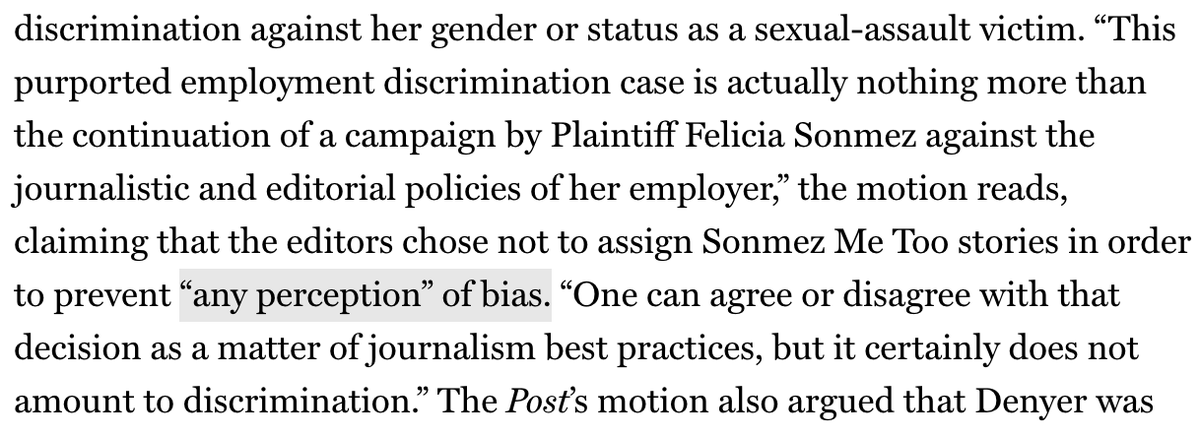
On this week's @ReliableSources — podcast and Sunday show — I was asked by @brianstelter what the press should do once it recognizes the threat to American democracy coming from a Republican Party overtaken by an authoritarian leader. Here's the clip. 1/
cnn.com/videos/busines…
cnn.com/videos/busines…
The first Q. @brianstelter put to me was a little unusual: if I could ask the press a question what would that be?
My reply: Your routines assume two roughly equal parties with different ideologies. What are your plans now that one of the two is exiting the democratic system? 2/
My reply: Your routines assume two roughly equal parties with different ideologies. What are your plans now that one of the two is exiting the democratic system? 2/
The rest of the interview was about what could and should happen in journalism once it comes to terms with an anti-democratic movement, and the collapse of its taken-for-granted world. For my full answer to that listen to the podcast (34 minutes.) cnn.com/audio/podcasts… 3/
To close the interview, @brianstelter said this: "For the journalists listening now, your challenge to them is... what?" cnn.com/videos/busines… My reply: (at 7:36)
"Don't ask me what to do. What are YOU going to do?"
4/
"Don't ask me what to do. What are YOU going to do?"
4/
• • •
Missing some Tweet in this thread? You can try to
force a refresh




